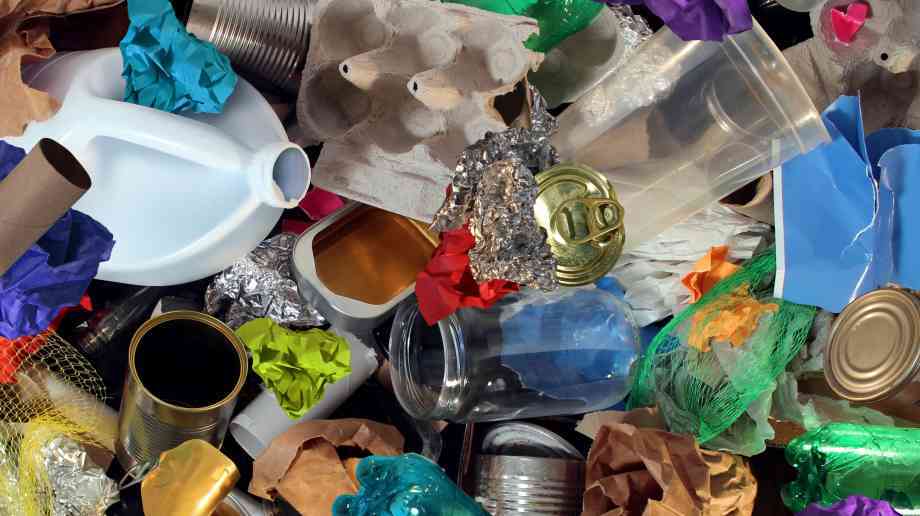Sue Robb of 4Children talks to Julie Laughton and Alison Britton from the Department for Education about the role of childminders in delivering the 30 hours free entitlement.
Only a third of plastics in packaging recyclable

Only a third of plastic used by households is able to be recycled, according to Local Government Association (LGA) analysis. It found 525,000 tonnes of plastic pots, tubs and trays are used by households a year but just 169,145 tonnes of this waste is able to be recycled.
The LGA wants to stop unrecyclable packaging from entering households in the first place and is calling for manufacturers to work with councils to achieve this.
Packaging for food can be made from a variety of polymers – molecules which make up plastic – which need to be separated out to remove “low grade” and non-recyclable polymers such as polystyrene.
In addition to developing a plan that ensures recyclable packaging is used where possible, councils are calling on the government to consider a ban on low-grade plastics, and for producers and manufacturers to contribute to the cost of collection or disposal.
The LGA says that inclusion of these challenging polymers in so much packaging is making it extremely difficult for councils, and have that to increase recycling rates, it’s essential that manufacturers prevent materials entering the environment in the first place.
Cllr Judith Blake, LGA Environment spokesperson, said: “It’s time for manufacturers to stop letting a smorgasboard of unrecyclable and damaging plastic flow into our environment. Some of the measures that could help us reduce landfill and increase recycling are no- brainers; for instance, microwave meals should be stored in a container that is any other colour than black, to enable quicker recycling.
“We’ve been calling for producers of unrecyclable material to develop a plan to stop this from entering the environment for years. That needs to happen urgently, but the Government should now consider banning low-grade plastics, particularly those for single use, in order to increase recycling.
“If manufacturers don’t want to get serious about producing material which can be recycled and protecting our environment, then they should at least contribute towards the cost that local taxpayers have to pay to clear it up.
“We need an industry-wide, collaborative approach where together we can reduce the amount of material having an impact on the environment. But if industry won’t help us get there, then the Government should step in to help councils ensure we can preserve our environment for generations to come.”
Company Focus
BLE Lighting & Power Ltd, a leader in cutting-edge lighting and power solutions, is proud to introduce BLE Connect, a groundbreaking Fully Automated Emergency Lighting System designed to simplify the labour intensive maintenance of emergency lighting across multiple facilities.
Key Features of BLE Connect:
Event Diary
UKREiiF has quickly become a must-attend in the industry calendar for Government departments and local authorities.
The multi-award-winning UK Construction Week (UKCW), is the UK’s biggest trade event for the built environment that connects the whole supply chain to be the catalyst for growth and positive change in the industry.
Supplier Profiles
Geo Energy
At GeoEnergy Design, we're on a mission to disrupt the traditional way heating and cooling ha
Latest Features
Professor Harith Alani, director of the Knowledge Management Institute at the Open University explains how AI can be used for good and bad.
Alex Lawrence, head of health & social care, techUK sets out techUK’s Five Point Plan for CareTech.

















